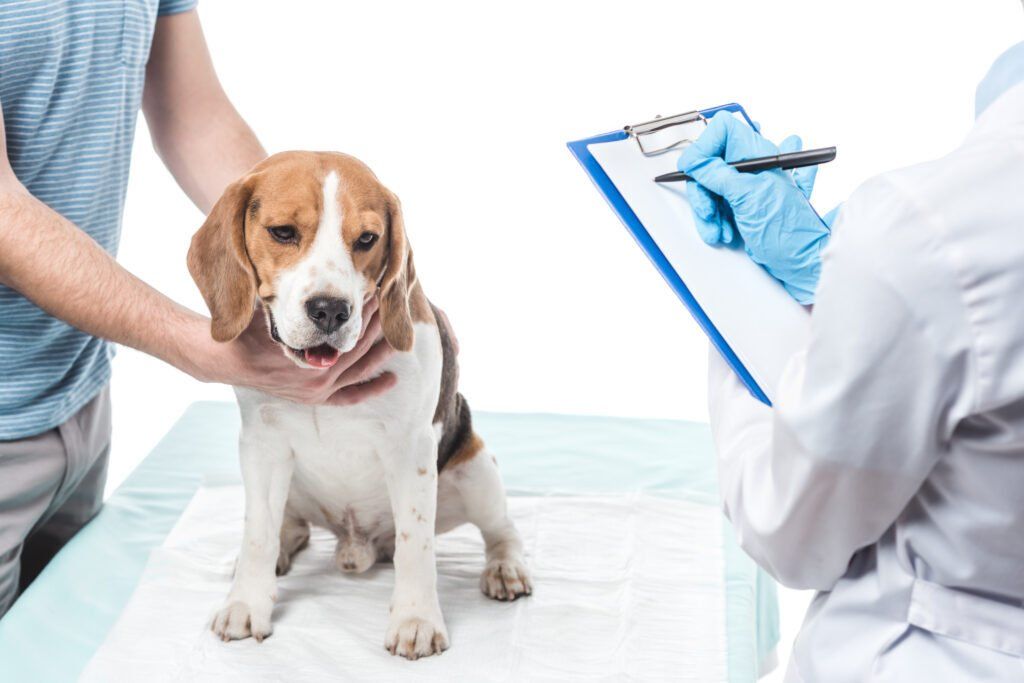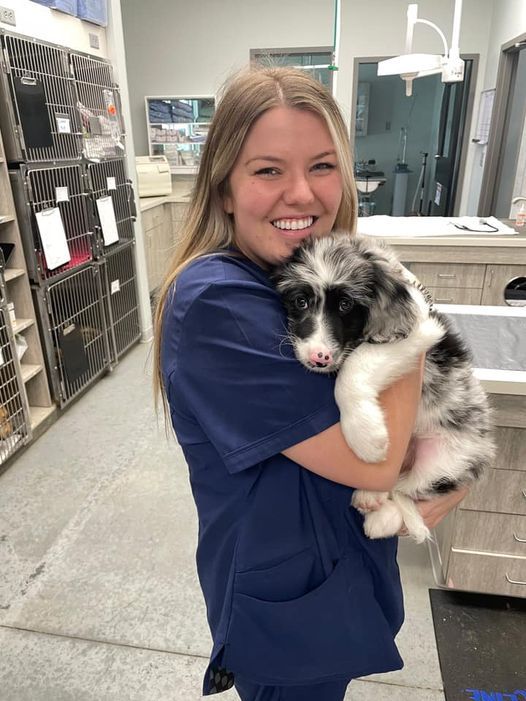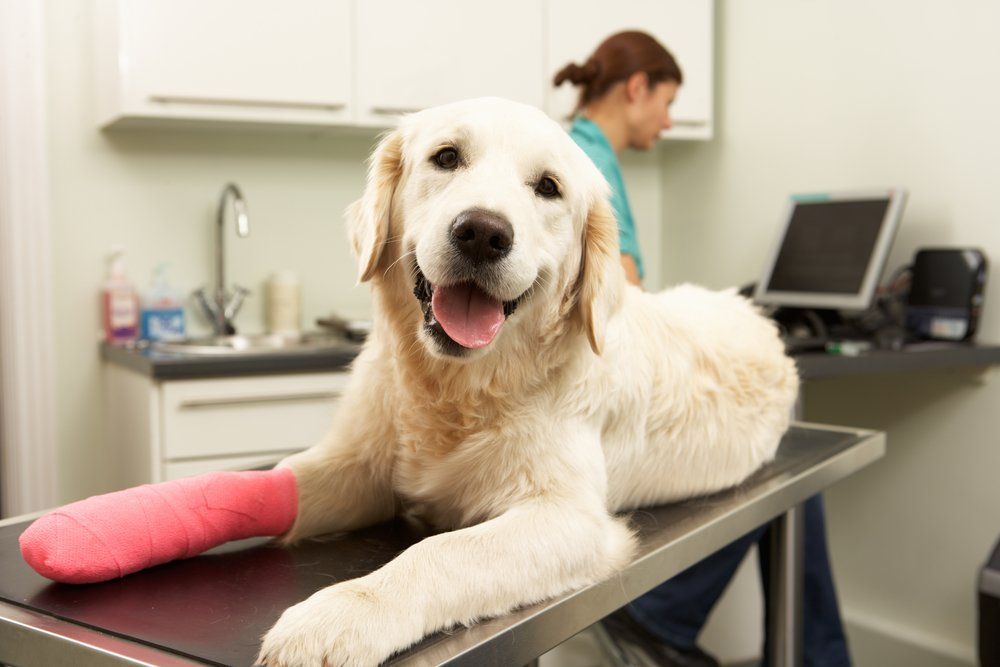Important Information from Your Little Rock Veterinarian about Canine Influenza Outbreak
Canine influenza (CI), or dog flu, is a highly contagious viral infection that is considered to be a Type A influenza virus. At present, two strains of canine influenza virus have been identified in the United States: H3N8 and H3N2.
Influenza viruses can quickly change and give rise to new strains that can infect different species. Both strains of canine influenza identified in the U.S. can be traced to influenza strains known to infect species other than dogs., but at some point, these viruses acquired the ability to infect dogs and be transmitted from dog to dog.
Canine H3N8 influenza was first identified in Florida in 2004 in racing greyhounds. It is thought this strain developed from an equine H3N8 influenza strain that jumped from horses to dogs. Since being detected in 2004, canine H3N8 influenza has been identified in dogs in most U.S. states and the District of Columbia.
Canine H3N2 influenza was first identified in the United States in March 2015 following an outbreak of respiratory illness in dogs in the Chicago area. Prior to this outbreak, reports of canine H3N2 influenza virus were restricted to South Korea, China and Thailand. It was initially identified in dogs in Asia in 2006-2007 and likely arose through the direct transfer of an avian influenza virus – possibly from among viruses circulating in live bird markets – to dogs.
As of May, 30 states have reported H3N2 infections and 42 (including Arkansas) have reported H3N8 cases.
These cases are primarily associated with movement between AKC dog shows, but have spilled over into pet dogs, and there is major concern the outbreak will continue via AKC shows. NOTE: Last weekend’s AKC show scheduled in Texarkana, AR was canceled as a precautionary measure.
Get Your Dog Flu Vaccine at Your Favorite Little Rock Veterinarian
The most important step to prevention is to vaccinate dogs against the canine influenza viruses, so please call us to schedule an appointment. Just like human flu vaccines, the H3N2 CIV vaccine may not completely prevent infection but will make it less likely. Additionally, if a vaccinated dog does get infected, the disease is likely to be mild and of shorter duration. The vaccine can also protect against pneumonia.
Canine influenza is not currently a reportable disease in Arkansas. However, the Arkansas Livestock and Poultry Commission has broad authority to respond to animal disease outbreaks including quarantine and additional actions if deemed necessary by the State Veterinarian.
The Arkansas Livestock and Poultry Commission Veterinary Diagnostic Laboratory offers canine influenza testing on nasal swabs. Please contact the laboratory for additional information.
Additional information is also available at the American Veterinary Medical Association website.











